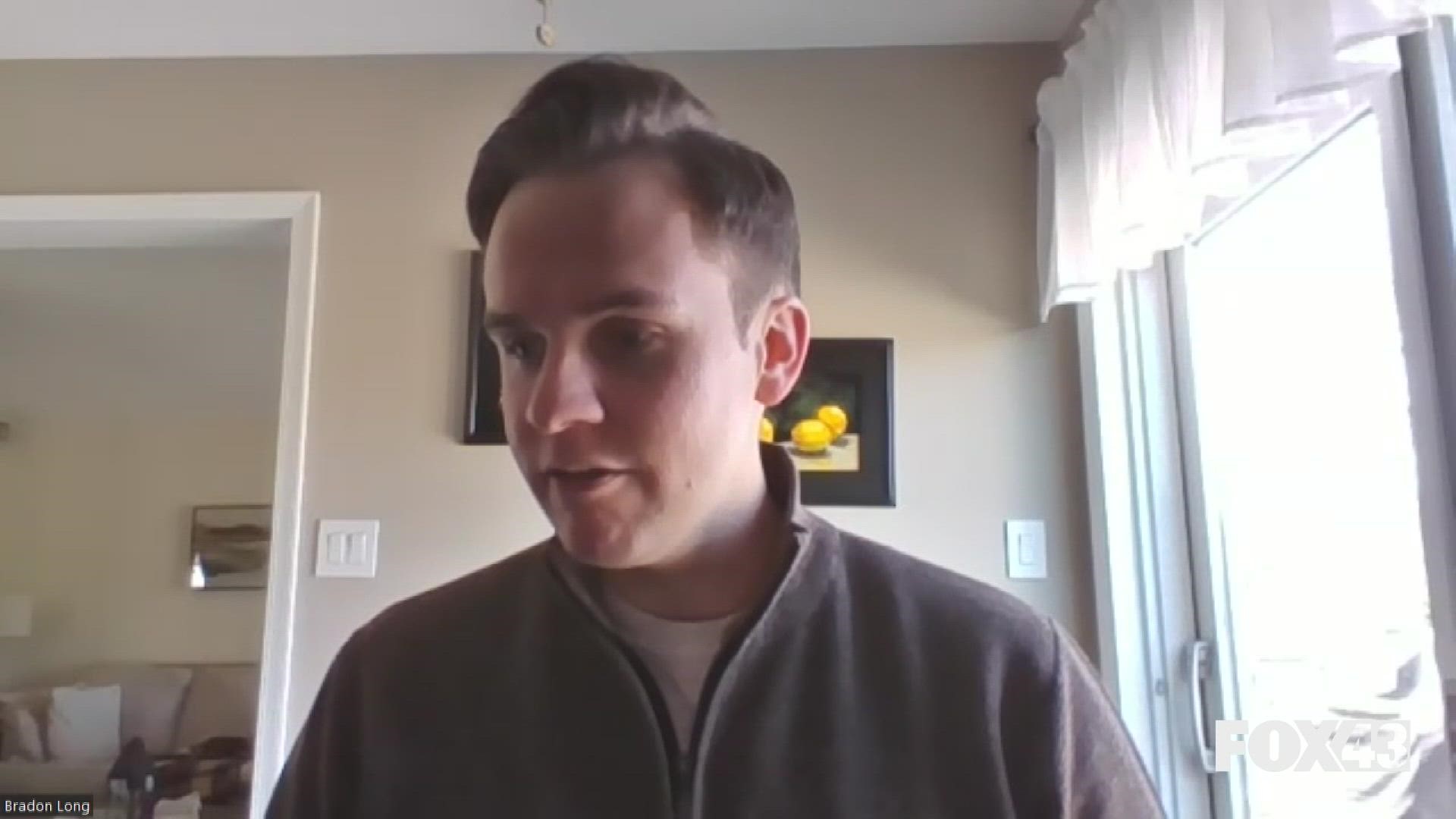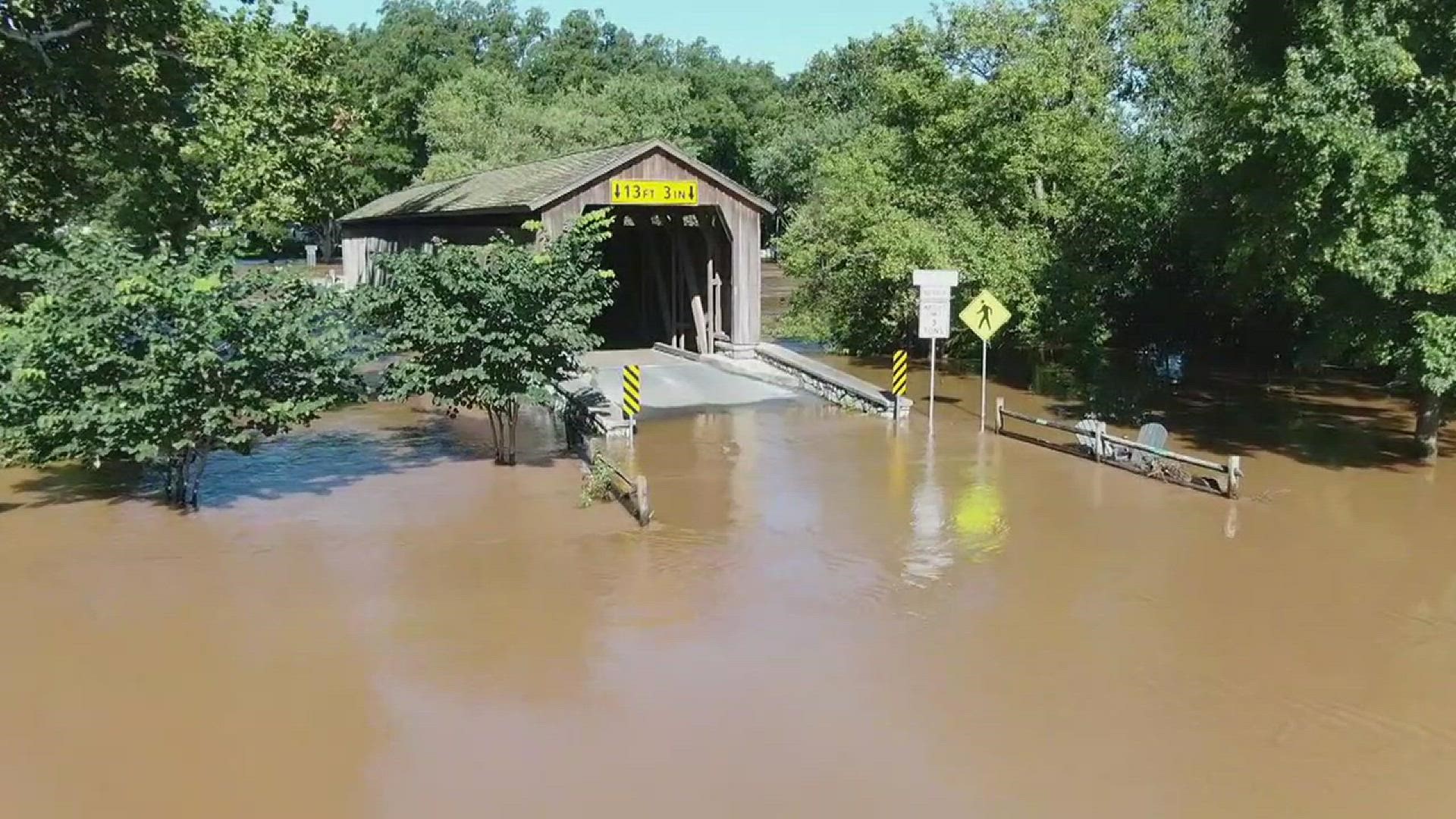270 top scientists from 67 countries agree unequivocally: climate change is harming the planet faster than we can adapt to it.
United Nations Secretary General António Guterres said in response that the report is, "an atlas of human suffering and a damning indictment of failed climate leadership."
So, let's get to the actual 3,000+ page report, summed down to a few more than thirty pages for policymakers.
This report is the part two of three in the overall Intergovernmental Panel on Climate Change's (IPCC) assessment, the sixth in its history. Part one, released last year, dealt with confidence and assessment of the science. Part two, released last week, deals with impacts. Part three, expected to be released in April, will deal with mitigation and containment of climate change.
"We have a really robust understanding of the impacts of the changing climate impacting people and ecosystems in every part of the world," Dr. Katherine Mach, an environmental scientists and professor at the University of Miami, said.
The report details impacts not simply predicted, but what we've already seen. And we've felt them already here at home.
"Historically, we used to think about flooding that just happened in the major storms," Dr. Mach said. "Increasingly though, flooding is not just getting worse from rising seas, more intense rainfall, it's something increasingly an impact of our new normals."
What immediately comes to mind is the 12+" of rainfall that fell in a handful of hours over Lancaster and York counties in 2018, or the remnants of Ida just this past September. However, even minor flooding events are becoming more common.
You may remember our interview with Dr. James Kinter for our Climate Smart: Crisis in Communication special. He's the director of the Center for Ocean-Land-Atmosphere Studies (COLA). We heavily relied on him as a source of information. A quote from our interview that I didn't use detailed this flooding threat.
"We've seen between a 50 and 100% increase in extreme rainfall events over the last 40 years in the Mid-Atlantic. We're only going to see more of it."
Dr. Mach echoes that call, saying: "The daily experience of flooding is different, not just the disaster experience."
Here, in an area already prone to heavy rainfall, we're seeing more of it. And as we've repeated before, drier areas will get more dry, hotter areas will get hotter, wetter areas will get more wet.
"Heat is getting worse in almost any way that you look at the issue: humidity, air quality or wildfire.," Dr. Mach said.
Some ways that the IPCC details as irreversible? The first climate change-related extinction is believed to have happened in 2016 in Australia. We're already seeing land and ocean shifts that can't be returned to the way they were before. From increased wildfire activity to erosion, water salinity and more.
Information related to this report: weather and climate-related disasters have increased five-fold from 1970-2019, according to the World Meteorological Organization. That's resulted in an estimated two million deaths and $3.6 trillion in losses globally.
“The cumulative scientific evidence is unequivocal: Climate change is a threat to human well-being and planetary health,” the report says.
If you don't find yourself wanting to read the 30+ page summary or the 3,000+ page report, here are some takeaways.
Impacts are much worse than we thought
Between marine impacts, ice melting and damages, we have reached effects much sooner than previously anticipated. Approximately 3.3 billion people's daily lives "are highly vulnerable to climate change," and 15 times more likely to die from its effects, most in the world's poorest countries.
"The changing climate has big consequences that are unevenly felt. Water or food insecurity, these climate shocks and stressors are de-stablizing forces," Dr. Mach said.
The report offers a sliver of hope
This is the first report with a map showing how cities are adapting to the change. From switching to electric vehicles, using more climate-friendly electricity sources, new ways of farming and more, we are shifting and trying to adapt. As of now, though, it's just not quite enough.
"Adaptive responses are happening. We're seeing ingenuity and creative effots to deal with impact on livelihood, health, daily commutes," Dr. Mach said.
There's not much time left
For just how much time, I'll leave you with a couple of quotes. One from the report, one from Dr. Kinter.
"Any further delay in concerted anticipatory global action and mitigation will miss a brief and rapidly closing window of opportunity to secure a livable and sustainable future for all," the report said.
"In terms of where the clock is, I think we have a decade left," Dr. Kinter said.
Until next time,
-Chief Meteorologist Bradon Long



